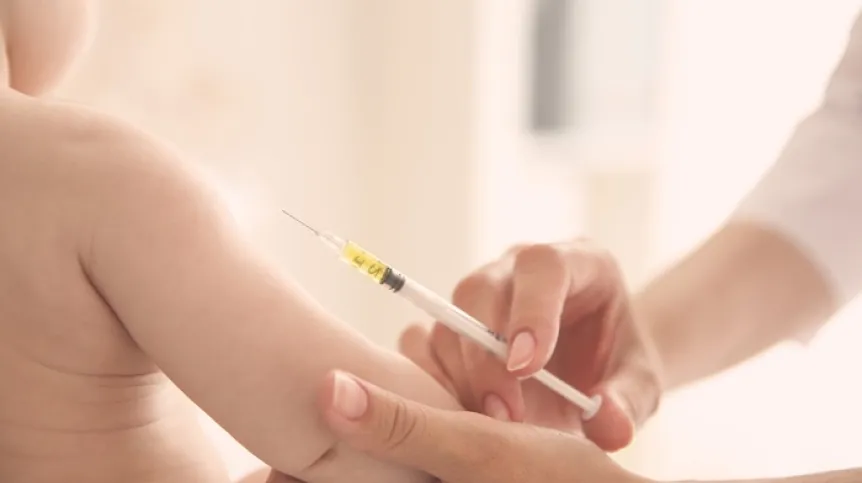
A major international study involving over 1.2 million children has confirmed that aluminium used in childhood vaccines is safe and not linked to an increased risk of allergies, autoimmune diseases, or developmental disorders like autism or ADHD.
The findings were discussed by Professor Piotr Rzymski of the Poznań University of Medical Sciences, a leading Polish expert in environmental medicine, on the Nauka i Zdrowie science and health platform. The study, 'Safety of Aluminium Adjuvants in Vaccines' (Bezpieczeństwo adiuwantów glinowych w szczepionkach), published in the prestigious Annals of Internal Medicine, tracked Danish children born between 1997 and 2018.
Using national health records, researchers followed the children’s health for up to eight years, comparing the amount of aluminium received through vaccines to the occurrence of 50 different medical conditions.
The result found there was no evidence that aluminium exposure from vaccines increased the risk of any disease.
Aluminium has been used in vaccines for decades to help the immune system respond better and build protection more effectively.
It’s found in several routine childhood vaccines, including those for diphtheria, tetanus, hepatitis B, and whooping cough.
On average, a child receives about 3 milligrams of aluminium from all vaccines in the first two years of life, well below safety limits set by European health authorities.
Professor Rzymski said that aluminium is naturally present in our environment, including in food, drinking water, and even breast milk.
A breastfed baby ingests a similar amount of aluminium as that received from vaccines over several months.
The study also noted that in some cases, higher aluminium intake from vaccines was linked to a slightly lower risk of developmental disorders like autism and ADHD.
Researchers believe this may be because vaccines prevent infections that could negatively affect brain development.
According to Professor Rzymski, the strength of the study lies in its large scale, detailed health tracking, and the ability to precisely measure vaccine exposure.
He adds that it offers strong, science-based reassurance for Polish parents and healthcare professionals who may have concerns fueled by vaccine misinformation.
Aluminium adjuvants used in vaccines remain well within safe limits set by the European Pharmacopoeia, which allows up to 1.25 milligrams per dose.
In practice, vaccine doses typically contain between 0.1 and 0.8 milligrams.
The latest evidence adds to the long-standing scientific consensus that vaccines are safe and vital to public health.
Since 1974, vaccines against just 14 diseases are estimated to have saved over 154 million lives worldwide, mostly children, and added nearly 10 billion years of healthy life.
Full text (in Polish) is available at Nauka i Zdrowie – onauce.ump.edu.pl
zan/













